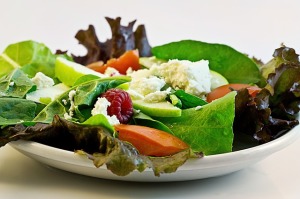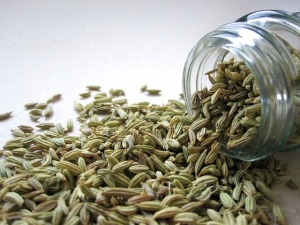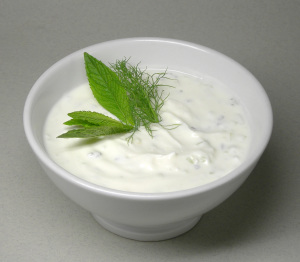
It’s a fact that many folk on diets don’t take enough notice of how much fibre they eat. If this is left to the extreme it can cause many problems.
However, as we will see from this short article, the remedy is simple and effective.
Should you eat fibre?
According to dieticians in the UK, their recommendation is that people should be eating between 18-24 grams of fibre a day. However, a recent survey sponsored by one of the large supermarkets has shown that the average UK intake is just 12grams. So the question is: can changing your diet and increasing your fibre give your digestive system a new lease of life?
Studies have shown that one way of decreasing colon cancer is to ensure that the food travelling from the mouth through the digestive system to the anus, when kept on the move, will prevent potentially harmful waste products from being easily absorbed. In a recent test – Dr Mark McAlindon, who is a consultant gastro-entroologist at the Royal Halampshire Hospital in Sheffield, carried out a recent test showing that increasing fibre can indeed quite dramatically change the way our bodies handle food.
The Test
In his test, he took two lorry drivers, who both had a high-fat, low-fibre diet, and tracked their bowel movement as they took one of their international journeys from Southampton to Turin. They were given a special pill which was used to measure the transit time of the food as it passed through the digestive system.
Before the diet, it took Don 22 hours and 39 minutes to allow the pill to go through his digestive system. Wolfgang, however, took an amazing 42 hours and 25 minutes. For the next ten days the truckers were given a diet that ensured that 50grams of fibre was consumed each day. The test was carried out again with both drivers showing a significantly quicker transit time. After increasing their fibre intake, the time taken for the pill to pass through their digestive systems had been reduced to an average of nearly 21 hours.
One of the things to bear in mind here, though, is that the two guys who were chosen to do this test do have a job that involves them sitting down for most of their working day. There is a direct correlation with how active you are as to how quickly your digestive system works. It should also be borne in mind that they were given 50g of fibre a day whereas the recommended allowance is between 18-24g per day.
Please do see our article on Fibre, available from the website.
 Something magical happens moments after you start chewing on fennel seeds after a meal: the taste in your mouth changes, replacing the aftertaste of what you have eaten with a cool freshness. The pleasant, licorice-like aroma of the seeds drifts around you as you chew, calming the senses.
Something magical happens moments after you start chewing on fennel seeds after a meal: the taste in your mouth changes, replacing the aftertaste of what you have eaten with a cool freshness. The pleasant, licorice-like aroma of the seeds drifts around you as you chew, calming the senses.


